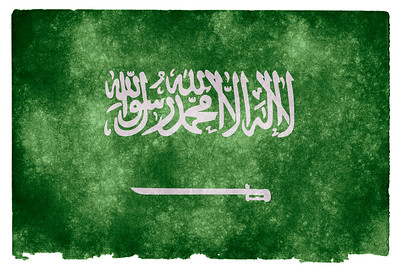 Amnesty International on April 24 expressed deep concern over a dramatic increase in executions for drug-related offenses in Saudi Arabia, stressing the fear and uncertainty faced by dozens of men currently on death row. The organization reported that Saudi authorities have executed at least 88 individuals since January, 42 for drug-related crimes, which is almost double the executions for that same period in 2024, none for drug-related crimes. Just this week, in one day on April 22, the Saudi Press Agency announced the execution of three people: two Saudi nationals for “promoting hashish,” and one Pakistani national for “trafficking heroin.”
Amnesty International on April 24 expressed deep concern over a dramatic increase in executions for drug-related offenses in Saudi Arabia, stressing the fear and uncertainty faced by dozens of men currently on death row. The organization reported that Saudi authorities have executed at least 88 individuals since January, 42 for drug-related crimes, which is almost double the executions for that same period in 2024, none for drug-related crimes. Just this week, in one day on April 22, the Saudi Press Agency announced the execution of three people: two Saudi nationals for “promoting hashish,” and one Pakistani national for “trafficking heroin.”

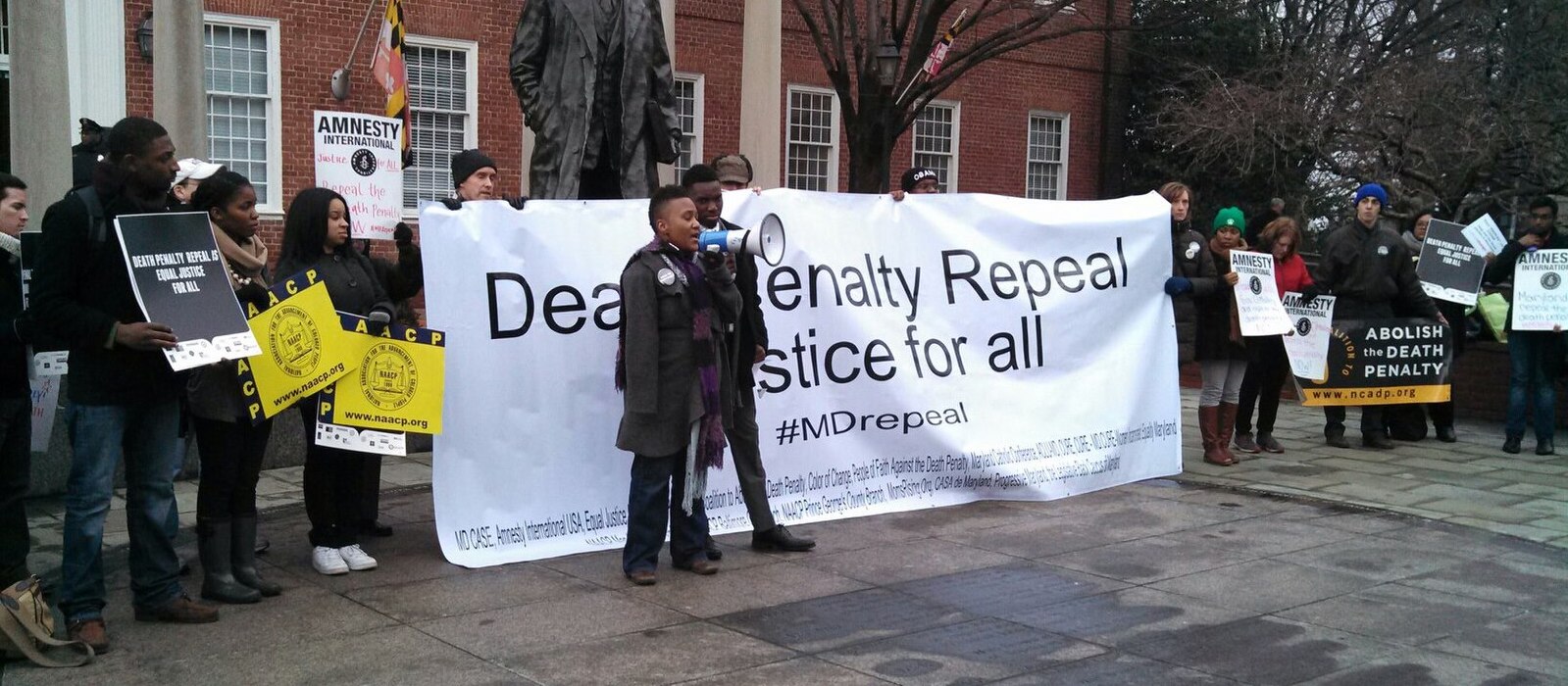 Global executions rose dramatically in 2024, reaching 1,518 recorded deaths across 15 countries—the highest figure since 2015—Amnesty International said April 8 as it released its
Global executions rose dramatically in 2024, reaching 1,518 recorded deaths across 15 countries—the highest figure since 2015—Amnesty International said April 8 as it released its 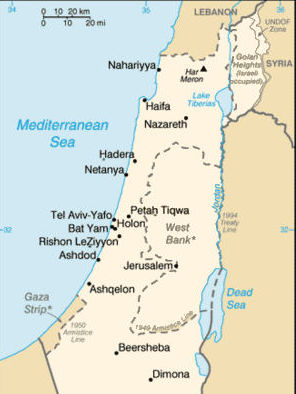 Israel is an emerging player in the international cannabis market, and the industry is embraced by pillars of the country’s political establishment. But every aspect of Israeli society as been impacted by the horrific events of last October 7, and the ensuing war. The cannabis sector has been no exception.
Israel is an emerging player in the international cannabis market, and the industry is embraced by pillars of the country’s political establishment. But every aspect of Israeli society as been impacted by the horrific events of last October 7, and the ensuing war. The cannabis sector has been no exception. The cannabis industry is globalizing fast, which means changes for mainstays of commercial production in Europe and North America, and new players coming on line from regions such as the Middle East, Southeast Asia and Central America. Here’s a brief overview of a few entries from these categories.
The cannabis industry is globalizing fast, which means changes for mainstays of commercial production in Europe and North America, and new players coming on line from regions such as the Middle East, Southeast Asia and Central America. Here’s a brief overview of a few entries from these categories.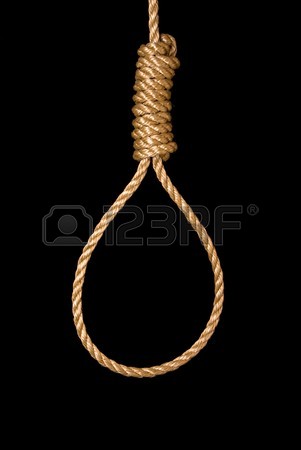 It's pretty surreal that even as a legal cannabis industry emerges on a global scale, there are still countries that impose outrageously draconian sentences for the herb—up to and including the death penalty.
It's pretty surreal that even as a legal cannabis industry emerges on a global scale, there are still countries that impose outrageously draconian sentences for the herb—up to and including the death penalty.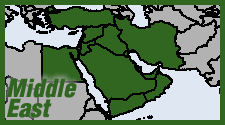 Lebanon, long the Middle East's heartland of hashish, has legalized cannabis cultivation for the medical market—but before the law has even taken effect, rumblings of cynicism are heard from the country's traditional growers. The outlaw growers in the Bekaa Valley, with its centuries-long tradition of hash production, will likely remain illicit and face continued militarized enforcement—while corporate producers with state-of-the-art greenhouses on the urbanized coast dominate the industry. And the hashish market has been hard hit by the country's deep economic crisis, leaving the Bekaa cannabis farmers struggling.
Lebanon, long the Middle East's heartland of hashish, has legalized cannabis cultivation for the medical market—but before the law has even taken effect, rumblings of cynicism are heard from the country's traditional growers. The outlaw growers in the Bekaa Valley, with its centuries-long tradition of hash production, will likely remain illicit and face continued militarized enforcement—while corporate producers with state-of-the-art greenhouses on the urbanized coast dominate the industry. And the hashish market has been hard hit by the country's deep economic crisis, leaving the Bekaa cannabis farmers struggling.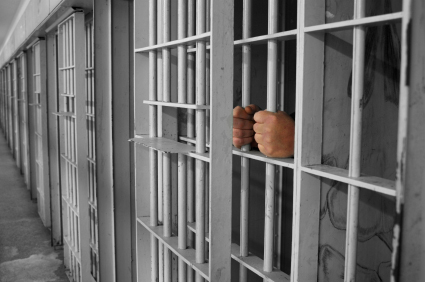 The global prohibition of cannabis affords the opportunity for imperial powers and authoritarian regimes to exploit those caught in the web of enforcement to advance their own political agendas. The recent case of Naama Issachar was deftly leveraged by Vladimir Putin, and could encourage other depots to similarly use pot prisoners to exact concessions from foreign governments.
The global prohibition of cannabis affords the opportunity for imperial powers and authoritarian regimes to exploit those caught in the web of enforcement to advance their own political agendas. The recent case of Naama Issachar was deftly leveraged by Vladimir Putin, and could encourage other depots to similarly use pot prisoners to exact concessions from foreign governments.





Recent comments
3 weeks 4 days ago
3 weeks 4 days ago
6 weeks 5 days ago
7 weeks 4 days ago
11 weeks 4 days ago
15 weeks 3 days ago
19 weeks 3 days ago
20 weeks 1 day ago
30 weeks 1 day ago
34 weeks 2 days ago